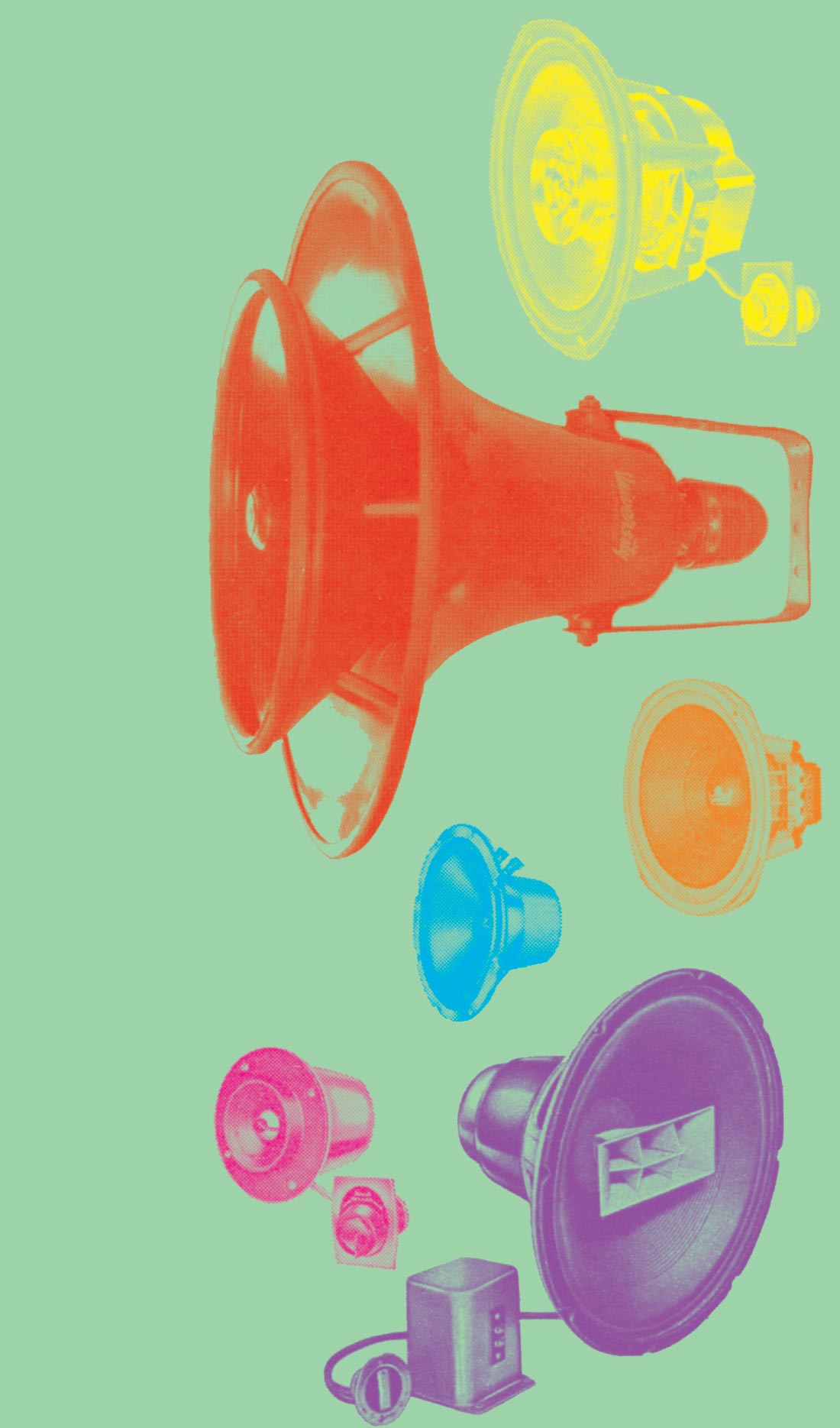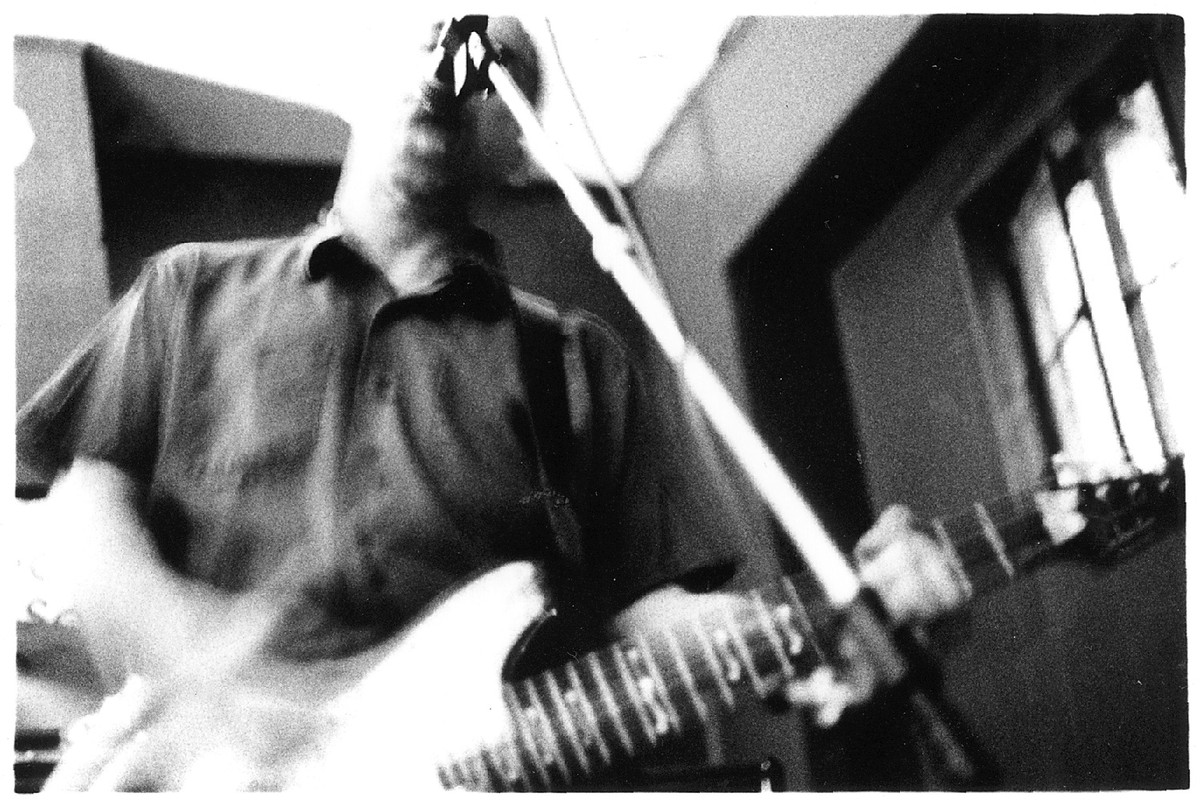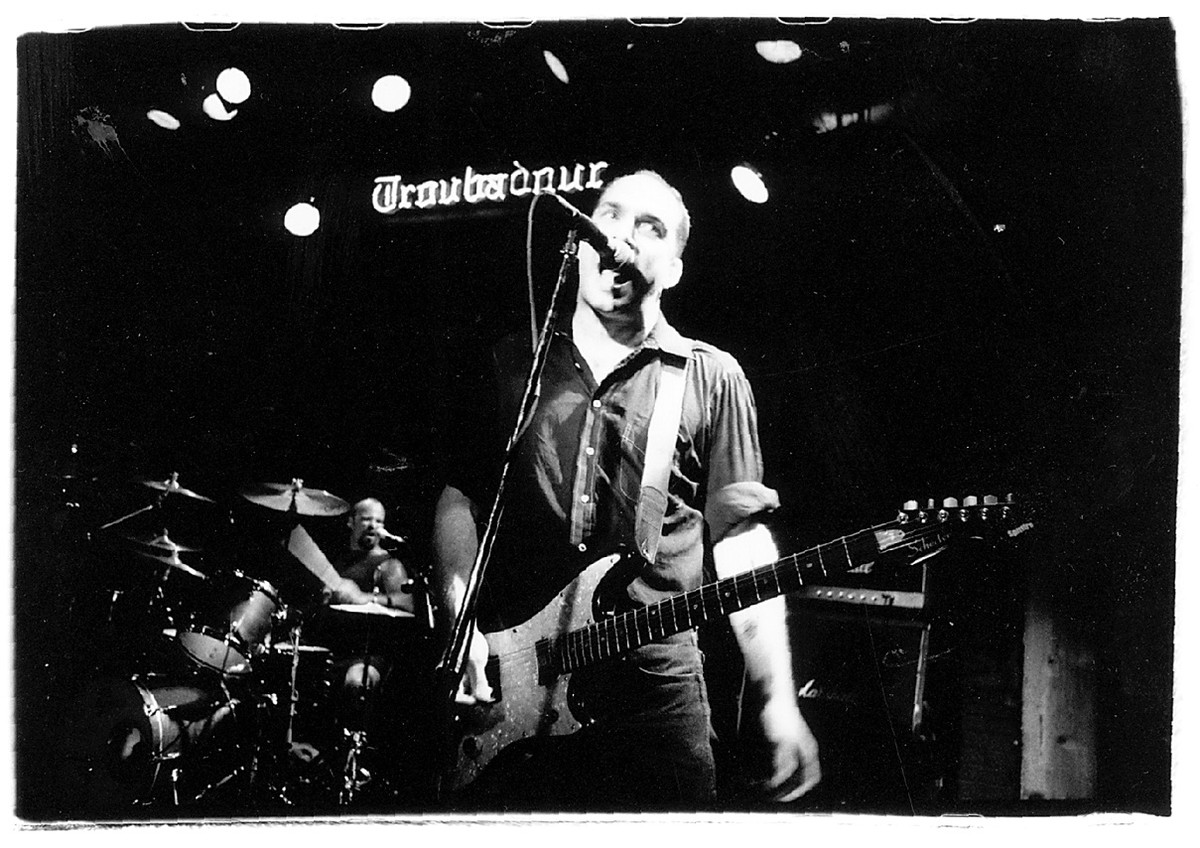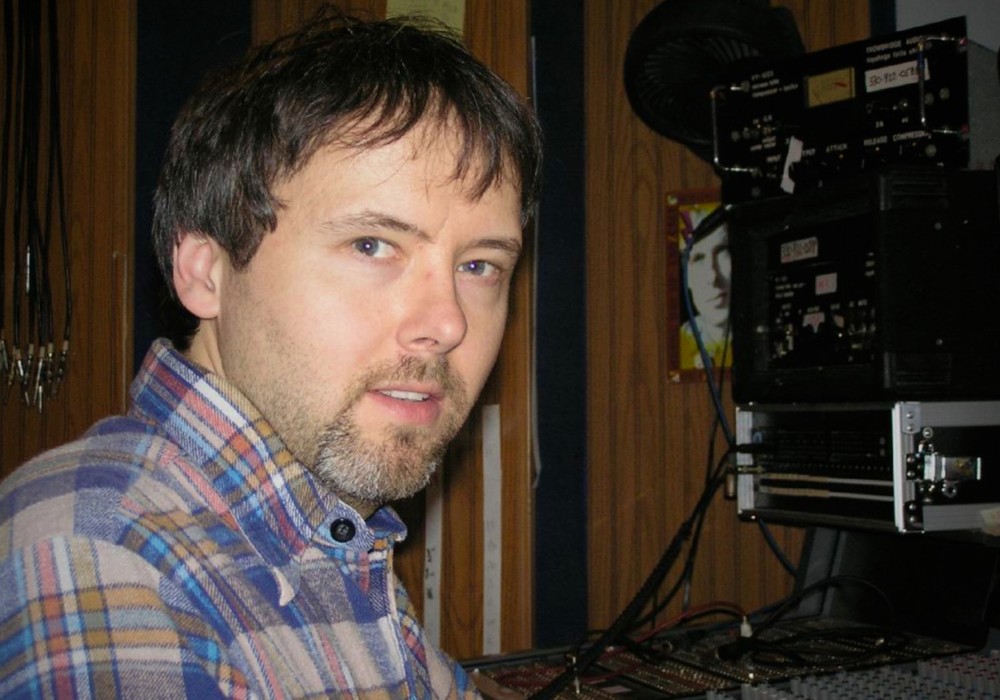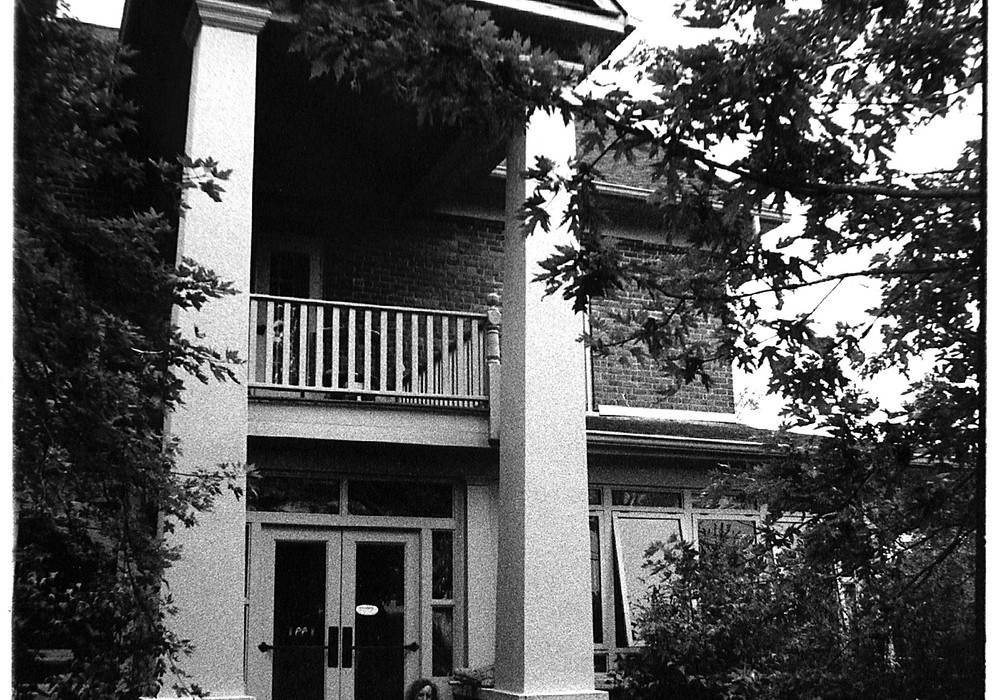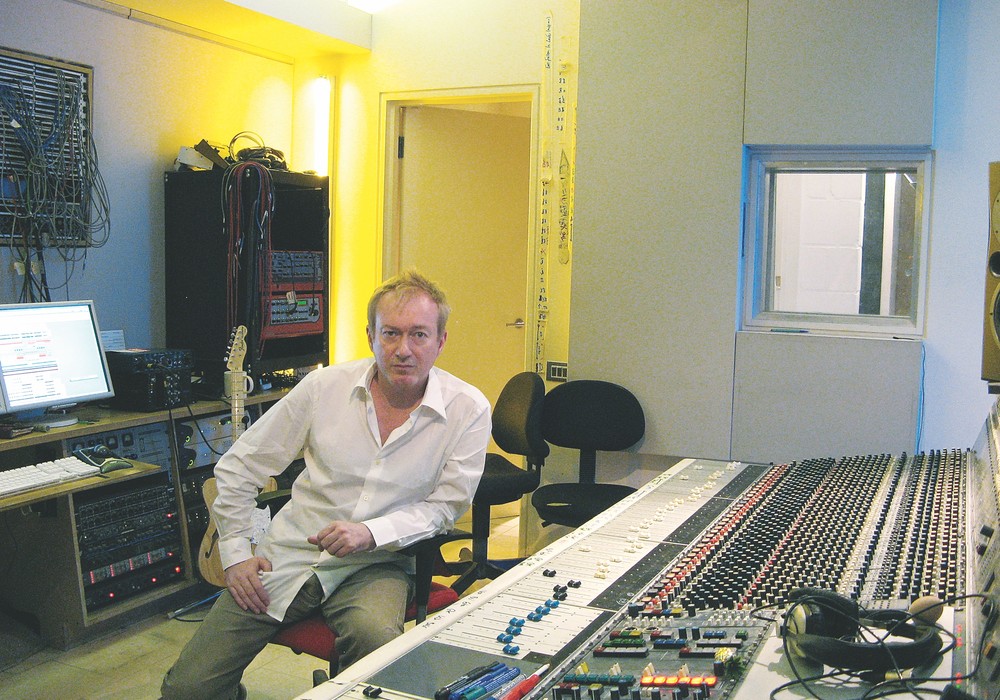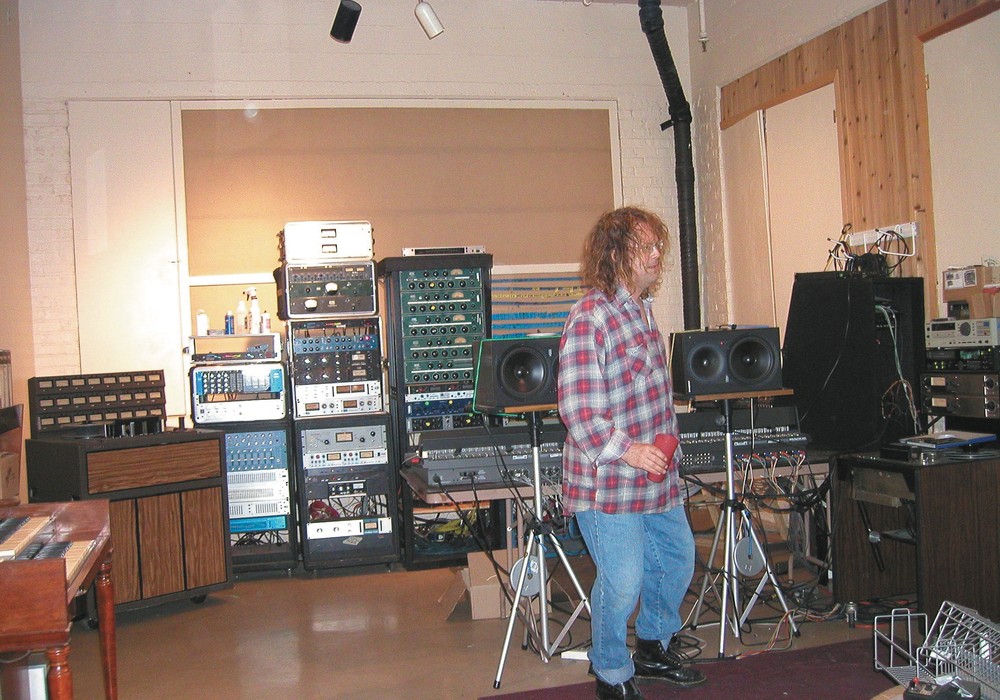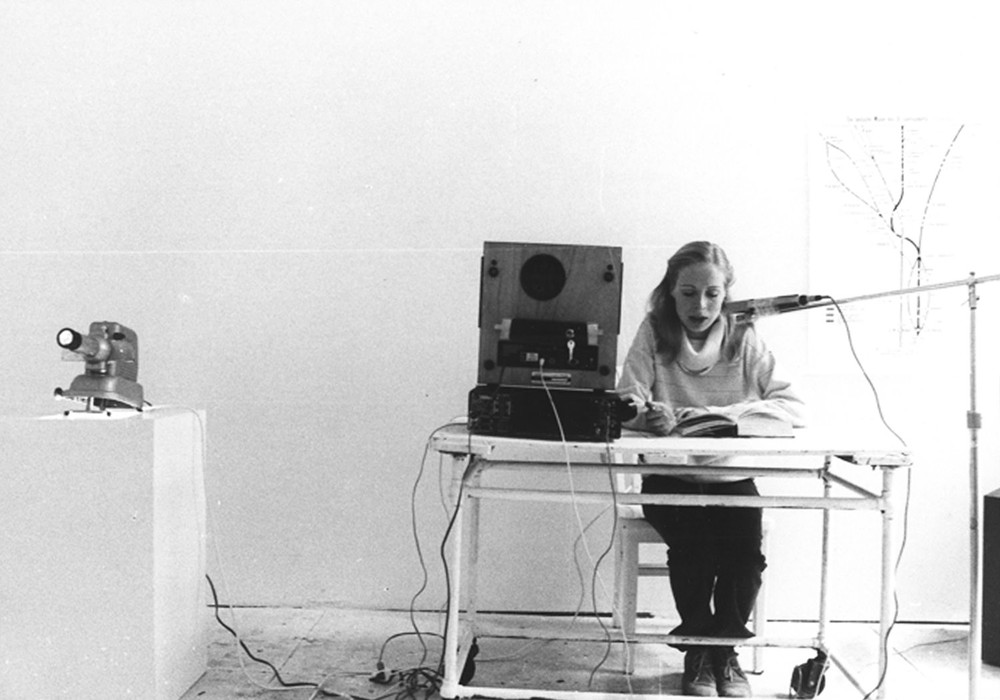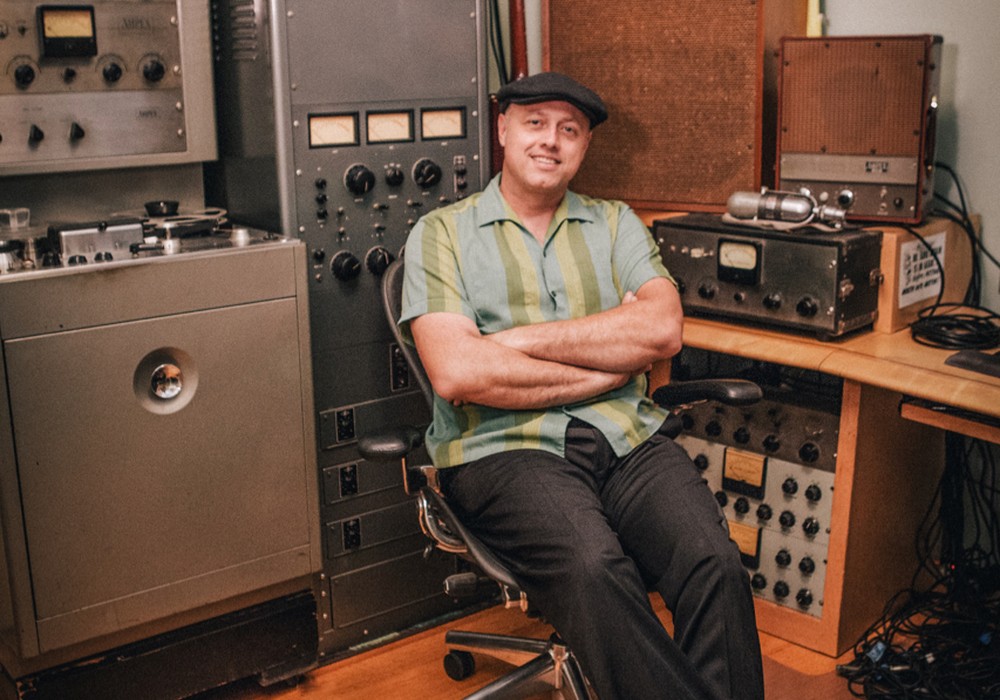Tape Op gets quite a few letters and e-mails suggesting people that we should interview, and recently, J. Robbins had to be one of the most requested names by far. J. was in Jawbox for years, a band with integrity and a strong work ethic, and is currently leading a band with the Eno-ish moniker of Burning Airlines as well as producing records for Promise Ring, Jets to Brazil and others. He came into recording and producing through being in bands, much like myself, and Jane and I had a great time chatting with him in the back of Fellini's before Burning Airlines took the Satyricon stage and rocked our worlds. And did I mention how nice he is?
How did you make the transition? I assume you were playing music before you were recording. You worked with a lot of cool people on the Jawbox records. There's quite a few different people all recording in different ways. Was that something you were doing, working in that respect, and then started thinking you'd be more interested in doing recording on your own?
Yeah, I think from the first recordings that Jawbox did I was always compelled by the recording process, but also really intimidated by it too. I have always been an incredibly insecure singer, especially. When we did our first full-length record with Eli Janney, I was going, "Oh-my-god, Eli's a total genius", just really inspired by the way that he would do things, but then I was so busy freaking out about singing that I never really got a decent grip on it. Also, because we had to work really fast, I never felt like I got a grip on the nuts and bolts of recording. Some of the 8-track stuff we did with Barrett Jones was a little bit more relaxed because it was at Barrett's studio, it was really cheap and Barrett's really mellow. So I definitely started being interested from a musician's standpoint. I was always interested in the abstraction of how to translate a song into a recorded version where it becomes a little world instead of it being so much of a performance. For a while I lived in a group house with Geoff Turner, who runs WGNS in D.C., and this house was thesecondincarnationofWGNSStudios, the 1/2" 16 track version. I got to look over Geoff's shoulder a lot. I didn't actually start engineering-recording until Jawbox signed to Atlantic and we got to spend seven weeks in the studio [Oz] with Ted Nicely, and I got to really pick Ted's brain. Drew Mazurek, who was the engineer, is an awesome engineer. Then we bought an 8-track and started doing demos in our basement and that's when I sort of started to really pay attention to what mics to use and where to put them.
The actual nuts and bolts.
I'd gone into the studio with other bands and anytime anybody would ask me to do it, I'd be really psyched, but then I'd also be cursing myself, sort of self-flagellating because I'm just this guy who's sitting there with opinions. Meanwhile there's an actual engineer who really knows how things work, and I would be just like, "Oh, that's the same microphone that you used when you recorded us, isn't it?" I felt like such an asshole that I was so glad to have an opportunity, finally, to learn to actually engineer.
Like know what to do and just kind of hear what does what, right? On the other hand, too, it can be productive to have someone producing, or in charge of the session who isn't so technical, that's just kind of helping the band to get the feel of something.
Yeah, I think when we worked with Ted, when Jawbox did For Your Own Special Sweetheart, at first I kept giving him these side-long glances because he wasn't interested in engineering. Whenever there was a dispute I would always side with Drew, who was the engineer; but now that I've actually worked on a bunch of records, I have volumes of respect for Ted because he knows exactly what role he wants to take. It's good for him that's he's not bound up in the technical matters and he's interested in translating things in a more ephemeral way. I don't know if that's necessary for everybody, for every band, I don't think it is.
The production team kind of thing?
Yeah. But I have a lot of respect for it now.
In a lot of cases, especially on an indie level, you don't get a chance to have an engineer and a producer.
Yeah, 'cause there's no time, too.
Yeah, there's no time and there's no money.
I always think that's kind of a crime, in a way, I know a lot of people who feel...
